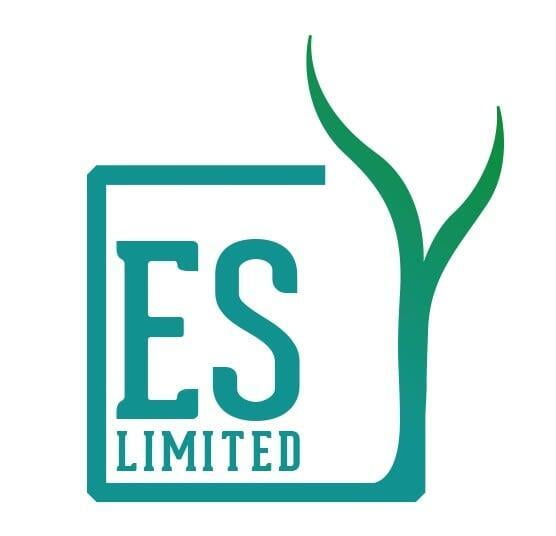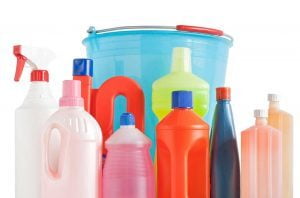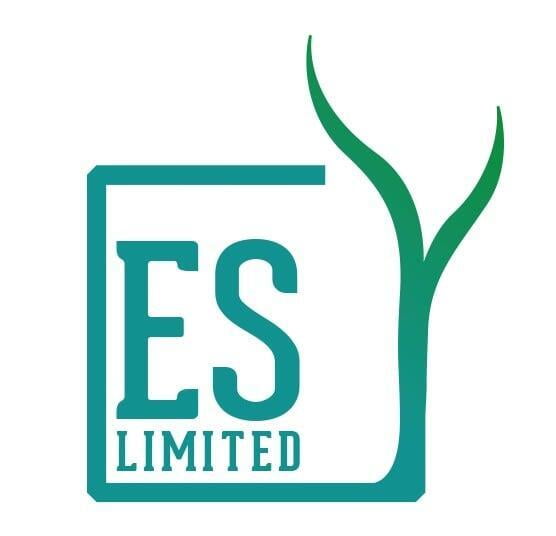Providing Solutions for our Enviroment
We focus on finding solutions to the everyday challenges that affect us in living within our environment, we find it important to source and look into some of the major challenges of our living standards without affecting the quality of our life, but rather improve it by changing habits.
Elimiate chemicals in the general cleaning process
The biggest impact of cleaning products comes from the chemicals which they contain, but the packaging they come in is also an issue.
The major concern is the chemicals which cleaning products contain. There are thousands of chemicals in common use and many have not been tested for safety, though the effects of many are known. They may pollute streams and rivers and may take a long time to degrade into harmless products. Some may not break down at all but may persist in the environment. These may enter the food chain, being eaten by aquatic creatures and perhaps eventually by us. When consumed or absorbed through the skin, they may have harmful effects, be toxic, cause cancer or cause birth defects.
The governments have taken many steps to lower the amount of risks we expose the nature to, even if detergents are all now biodegradable, though some may break down quicker than others, but they often contain chemicals which may cause problems. Phosphates can cause eutrophication, upsetting the balance of nutrients in rivers and streams, while many products also contain enzymes, bleaches, brighteners and perfumes. People with sensitive skin or allergies may find these substances may aggravate their condition. go.
Let's consider Food Waste
Our main focus is to train onsite the teams to drive awareness about food waste, thus treat food waste instead of having it treated offsite with three advantages:
- Drive awareness of responsible team members
- Less waste removal
- Less trucks on the streets to transport waste
Thousands of tons of food waste are headed everyday to landfills, mixed with any kind of materials (plastic, metal, glass ..etc). The decomposition process will induce the emission of Methane, a greenhouse gas which is 24 times more harmful than CO2. And the pollution does not only affect the atmosphere, it can contaminate the soil as well. The liquid contained in the food waste will drain and pass through other stockpiled material, resulting in a toxic substance called leachate, which can infiltrate the grounds deeply.
Recycling at source can directly contribute to reduce those impacts, and avoid at the same time CO2 emission occurring during food waste transport when disposed, specially when we know that 80% of it is water ! This water can be extracted with the Ecovim system and reused for irrigation.
Besides, the generated biomass resulting from food waste treatment with Ecovim technology can be used as a soil amendment, which makes it an eco-friendly alternative to chemical fertilizers.



